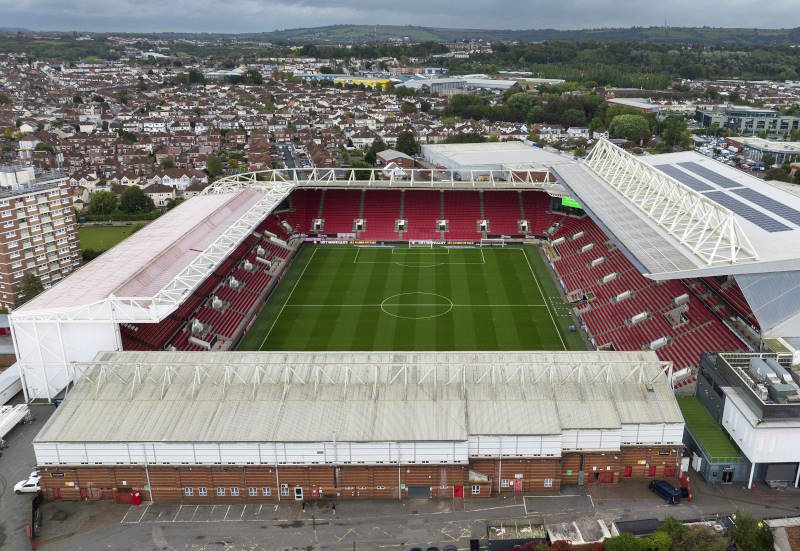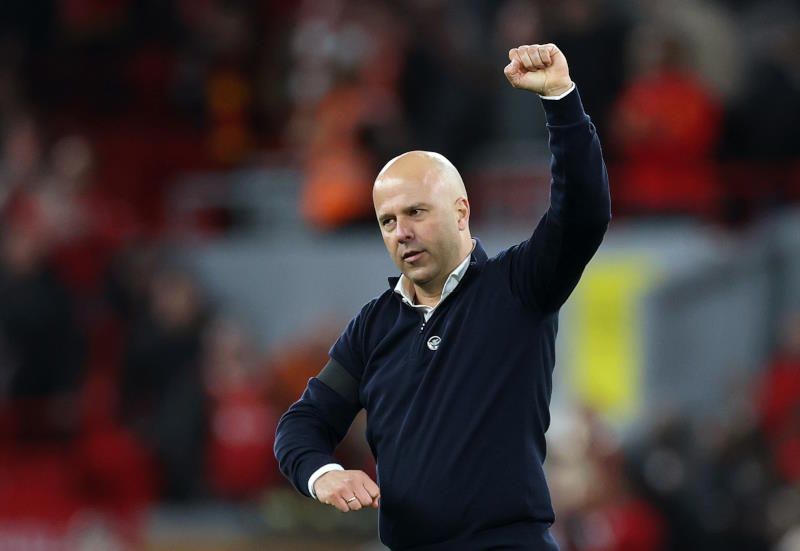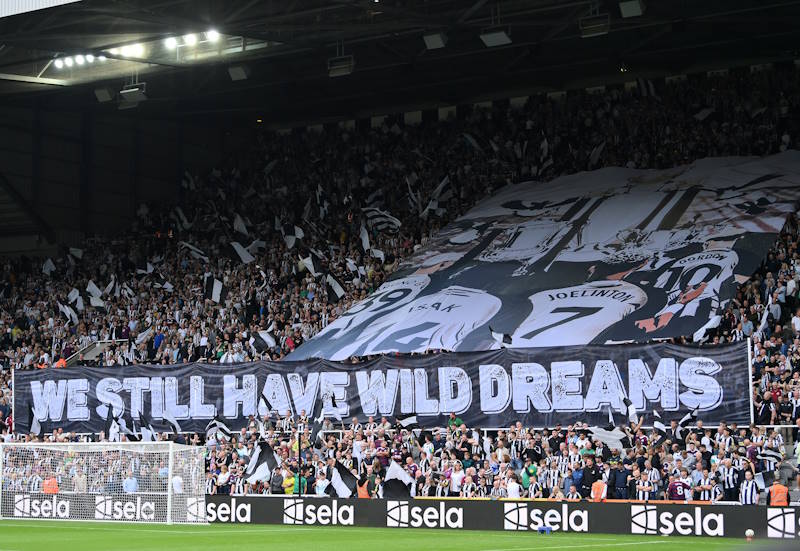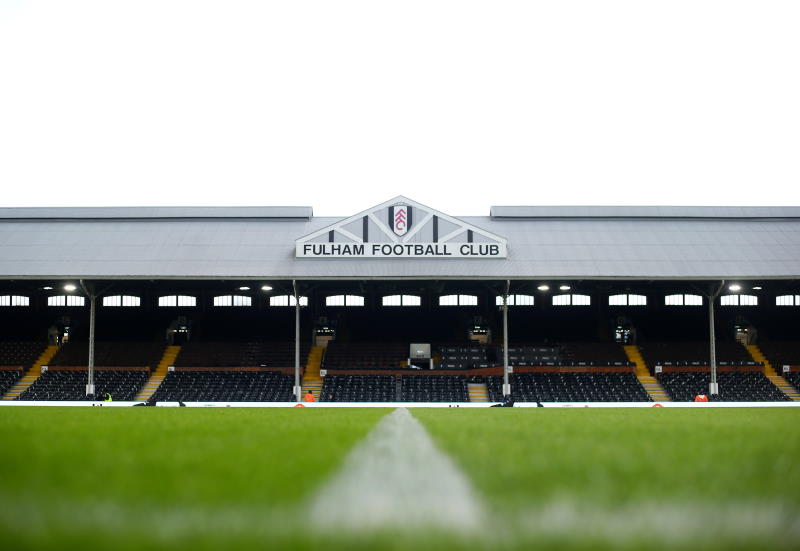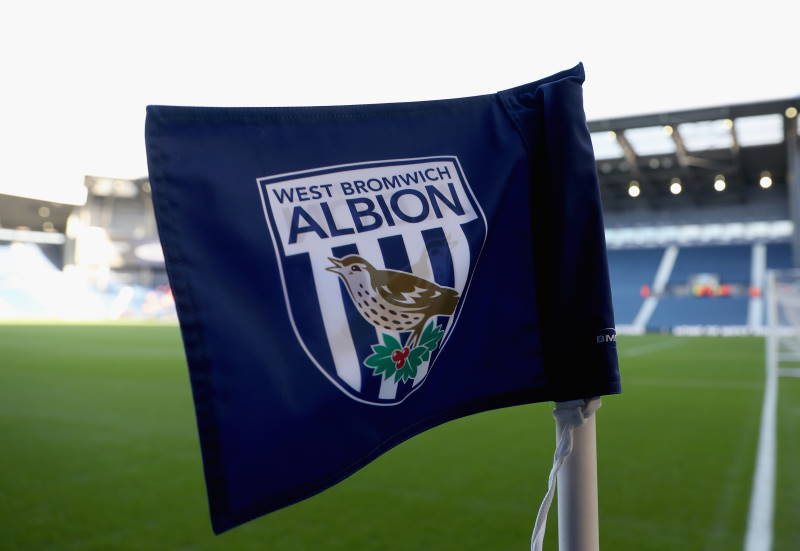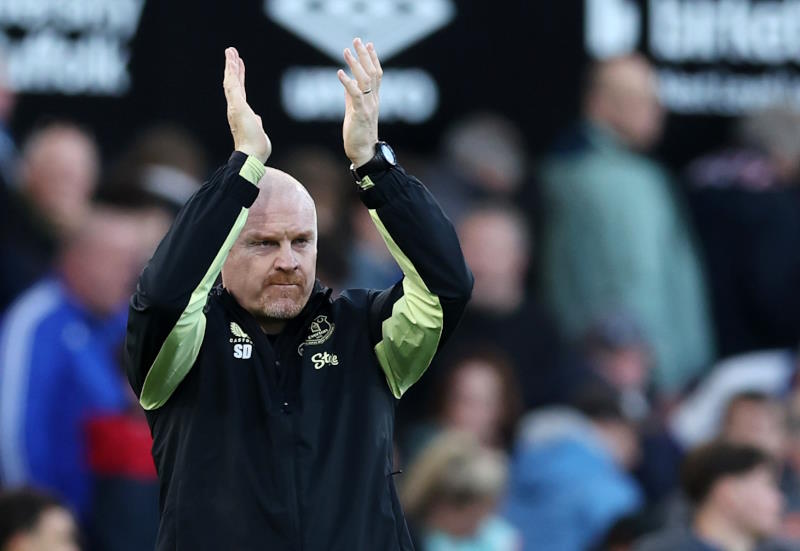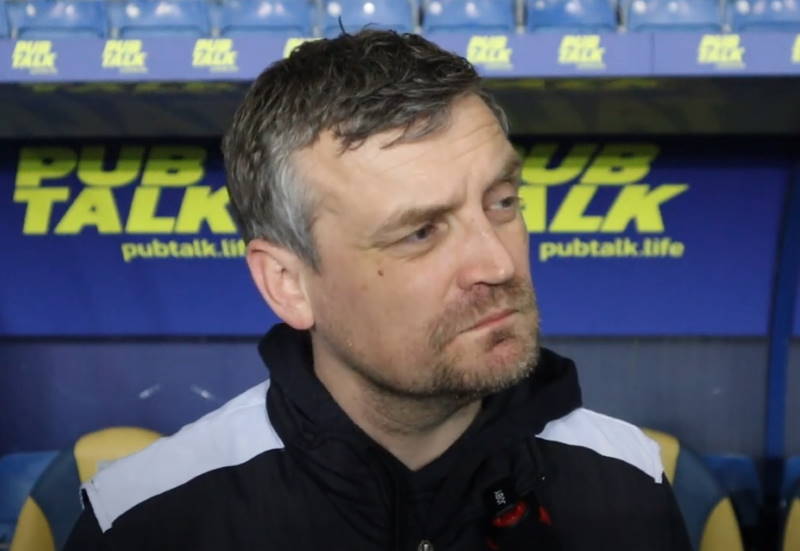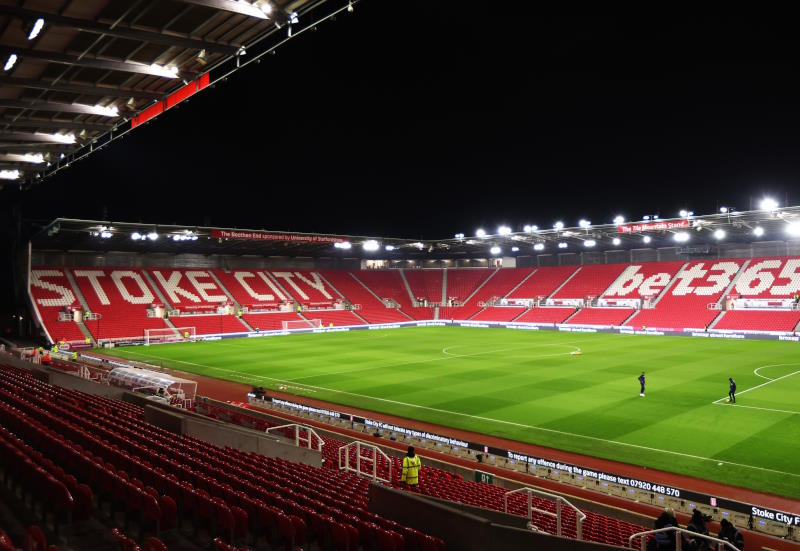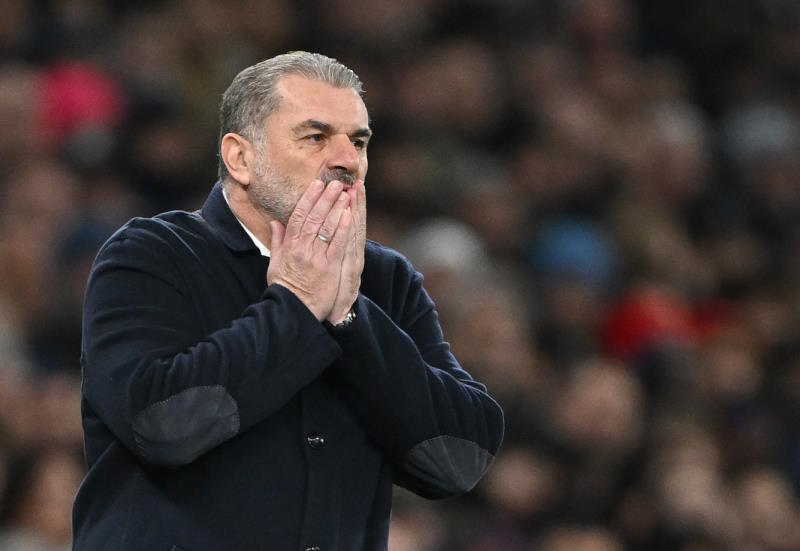
Ian Palmer
UEFA has left some people scratching their heads recently, as the organization has allowed the use of video replay to decide to ban Arsenal striker Eduardo for two matches for deceiving the referee after a Champions League qualifying match against Celtic. In plain English, UEFA studied replays to see if Eduardo cheated by diving and being awarded a penalty.
But this is an about-face on UEFA’s stance, and FIFA’s for that matter, of not allowing football associations to use video replay to determine other aspects of the game, such as the ball crossing the goal line. It seems very confusing at best and very hypocritical at worst.
Video replay technology is definitely in place for football to use, but for some reason UEFA and FIFA seem to be dead against it. However, they are now picking and choosing when and where it can be used and that’s not sitting well with a lot of people. There’s no logical reason not to use replays in this day and age. Just about every other major sport on the planet has implemented its use and players and management alike have accepted it as a way to render final judgment on disputed plays.
Football is way behind the times though, and the reasons given by UEFA boss Michel Platini and Sepp Blatter, the head of FIFA, as to why replay shouldn’t be used just don’t hold water. Platini and Blatter have stated that watching replays during a game will ruin the flow of the action. This explanation is laughable. Unfortunately, the modern day game doesn’t have much of a flow to begin with. Play is constantly stopping and starting due to numerous things such as players rolling on the ground feigning injuries, constant time wasting, 30-second throw ins and corners, and teams taking up to three minutes to build walls for free kicks and then jostle with their opponents.
It’s also inevitable that players from both teams are going to surround the referee on any disputed decisions and by the time he confers with his assistants, another few minutes have elapsed. Taking the time to view a replay isn’t just the right thing to do morally, it’s also the fastest option as it generally takes about a minute to view disputed decisions and come up with the right decision. There’s no arguing with the camera. The fourth official could easily watch a replay and relay his decision to the referee in a matter of seconds.
UEFA’s decision to view Eduardo’s alleged dive doesn’t make a lot of sense because it’s a judgment call by the referee. It’s not factual. Replays should be used to see if balls have crossed the goal line along with other incidents a referee might not have seen, such as a player elbowing somebody in the head away from the ball. These events can be resolved instantly as they don’t involve any personal opinion. The ball either went into the net or it didn’t and another player was physically attacked or he wasn’t. It’s a plain fact and a referee doesn’t have to rule on a player’s intent, as they must do while reviewing diving.
Football has suffered through the years with the human-error aspect of refereeing, and while the refs can’t always be to blame, it’s obvious they do need help on many occasions. Video replay would have been perfect for the 1966 World Cup final when England’s Geoff Hurst slammed a shot against the underside of the crossbar and the ball bounced down on the goal line. People are still arguing if it was a goal or not almost 45 years after the fact. And while in this case it’s still hard to tell if it was truly a goal even after watching it on replay, remember technology has come a long way over the last four decades and numerous camera angles would now be used in the process to come to a ruling.
And who can forget Diego Maradona punching the ball into England’s net in the 1986 World Cup quarter-final in Mexico? This was clearly spotted by the cameras and the correct ruling could have been made in an instant. Also, early this season Crystal Palace scored a legitimate goal against Bristol City, but the referees didn’t see it and give it. However, one look at the instant replay showed the ball had clearly gone into the net. With football being the multi-million pound business it is these days, making the correct call is essential as it could literally cost a club millions, it could also mean the difference between relegation or promotion, and as we’ve seen, it could ultimately cost somebody the World Cup along the way.
Latest Articles:


